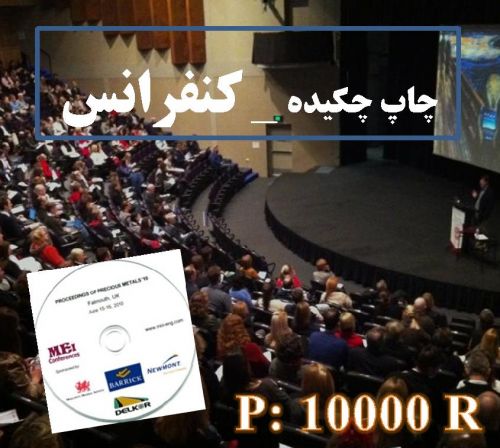Background and Aim : Today, due to the high prevalence of cancer in Iran and the world, the need for drugs with fewer side effects and better therapeutic effects has been considered by researchers. So that more than 60% of anti-cancer compounds for the treatment of cancer patients are obtained from plant sources. The aim of this study was to investigate the effect of hydroalcoholic extract of rosemary (Rosmarinus officinalis) on the expression of BAX, BCL-2 and CASPASE-9 genes in breast cancer cell line (MCF-7). Methods: In this experimental study, the hydroalcoholic extract of rosemary was made qualitatively by Soxhlet apparatus. Cells were treated with doses of 5,10,25,50 and 100 micromole rosemary extract for 24,48 and 72 hours. Then, using MTT method, the effect of different concentrations of the extract on cell life was investigated. Using Real Time PCR, the expression of BAX, BCL-2 and CASPASE-9 genes in the groups treated with different amounts of rosemary extract was measured. Results: This study showed that with increasing concentration and time, cell viability decreased significantly and significantly compared to control samples. The results of Real-Time PCR showed that the expression of CASPASE-9 gene at 48 hours increased significantly compared to the control sample. Also, the expression of BAX and BCL2 genes at 48 and 72 hours increased and decreased significantly compared to the control sample. Conclusion: Rosemary hydroalcoholic extract has anti-cancer effects in breast cancer, can inhibit the growth and proliferation of cancer cells and may be an effective factor in preventing the growth and spread of cancer cells.
کلید واژگان :Rosmarinus officinalis, BAX, BCL-2, CASPASE-9, cell line
ارزش ریالی : 100000 ریال
با پرداخت الکترونیک
جزئیات مقاله
- کد شناسه : 7159802406510057
- سال انتشار : 2020
- نوع مقاله : چکیده مقاله پذیرفته شده در کنفرانس ها(فایل کامل مقاله بارگزاری گردد)
- زبان : انگلیسی
- محل پذیرش : The 21st International Virtual Congress of Microbiology
- برگزار کنندگان : University of Tehran
- تاریخ ثبت : 1399/05/31 20:04:25
- ثبت کننده : ابوالفضل جعفری ثالث
- تعداد بازدید : 227
- تعداد فروش : 0
